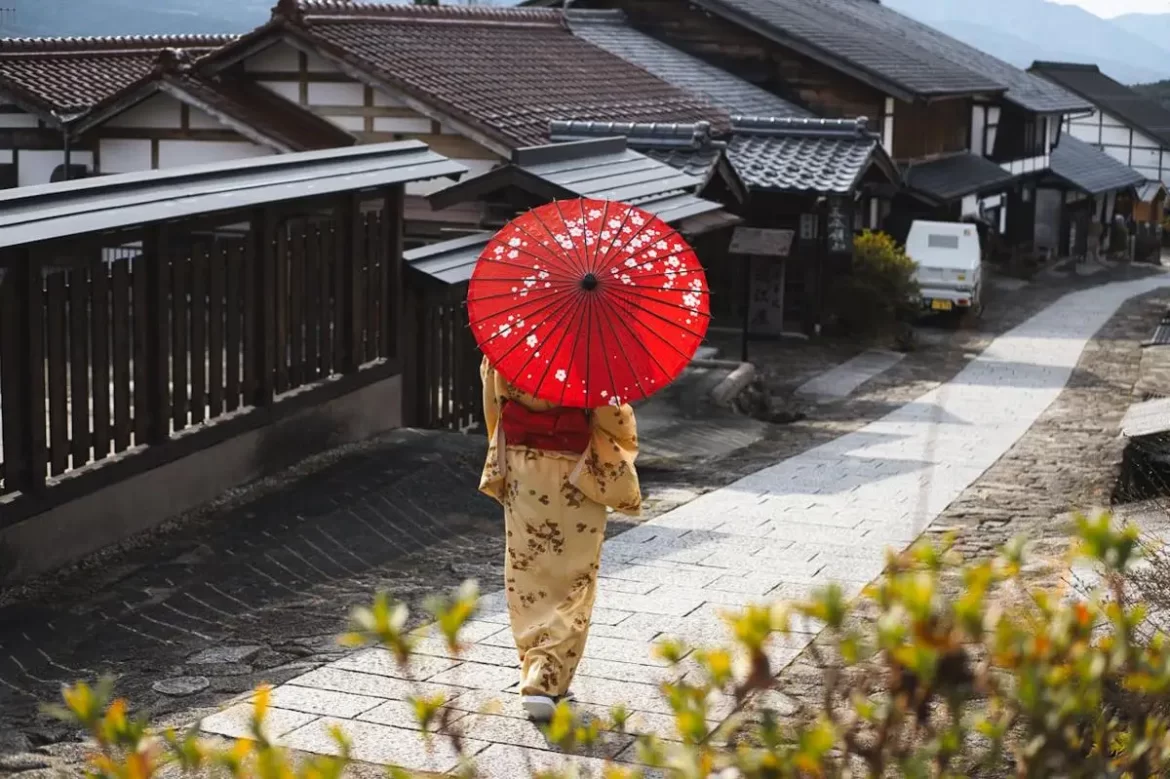The Enigmatic Belief in Japanese Umbrella Spirits
In Japanese folklore, Japanese umbrella spirits—known as “Karakasa-obake” or “umbrella yokai”—hold a special place within the realm of supernatural tales. These enchanted umbrellas are said to be vessels that attract wandering spirits, embodying the mysterious intersection between the spiritual and the mundane. The idea that ordinary household items, like umbrellas, can transform into spirit hosts stems from Japan’s deep-rooted belief in Tsukumogami, objects that gain sentience after existing for a hundred years.
The Origins of the Karakasa-Obake Legend
The legend of the Karakasa-obake traces back to the Edo period, a time when superstition and art merged into popular storytelling. Folklorists believe the myth arose from Shinto and Buddhist influences, where every object possesses a spirit. When neglected or forgotten, an umbrella could become resentful, awakening as a yokai to remind humans of respect toward everyday possessions. The Karakasa-obake often appears with one large eye, a long tongue, and a single leg, hopping through streets during stormy nights.
Cultural Symbolism Behind the Umbrella Spirit
In Japan, umbrellas have always symbolized protection—not only from the rain but from unseen forces. Their circular canopy represents harmony and continuity, concepts deeply embedded in Japanese aesthetics. When turned into a spirit, the umbrella serves as a metaphor for transformation, showing how even simple tools can bridge the human and supernatural worlds. This belief also reflects the Shinto appreciation of kami—divine presences that inhabit all things.
Umbrellas in Japanese Art and Media
Artists and storytellers have long celebrated these mystical umbrellas. Edo-era paintings and ukiyo-e prints often depicted Karakasa-obake as comical figures rather than fearsome monsters, giving them a whimsical charm. In modern times, anime and manga continue this tradition, showcasing umbrella spirits as playful companions or mysterious guardians. Films like Spirited Away and Pom Poko subtly reference this folklore, illustrating Japan’s enduring fascination with animated objects.
The Deeper Meaning of Spiritual Attachment
Beyond folklore, the belief in Japanese umbrella spirits reveals a profound cultural message: everything deserves gratitude and respect. This philosophy discourages wastefulness and neglect, promoting mindfulness toward one’s environment. The transformation of a simple umbrella into a spirit teaches humility—reminding people that every item carries a trace of life, memory, and purpose.
Conclusion: A Gentle Reminder of Reverence
The legend of umbrella spirits endures not merely as a ghost story but as a moral lesson. It embodies Japan’s spiritual worldview, where boundaries between the living and the nonliving are fluid. Whether viewed as eerie or enlightening, the tale of the Japanese umbrella spirits remains a poetic reflection on the value of respect and the unseen energy within all things.



